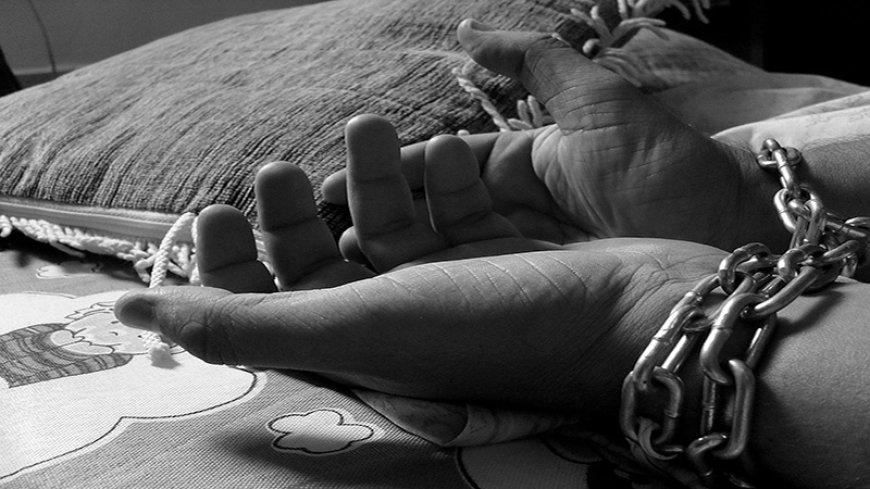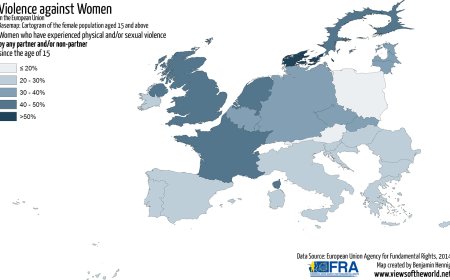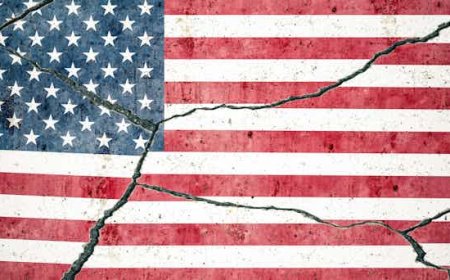Anniversary of the eradication of the slave trade in the world
Anniversary of the eradication of the slave trade in the world

The world has celebrated the International Day for the Eradication of the Slave Trade where the world has highlighted the sufferings and abuses faced by people of African origin at the hands of slave traders. The foundation of this day is the night of the 22nd to the 23rd of August in 1791 in Saint Domingue, today known as Haiti, where the beginning of a movement was witnessed that had an important role in eradicating the slave trade across the Atlantic Ocean. The United Nations Educational, Scientific and Cultural Organization, UNESCO, which adopted this day through its general meeting on July 29 in 1998, says that the act is the basis of the celebration that takes place on August 23 every year. For the first time, celebrations were held in several countries including Haiti on August 23, 1998, and the island of Gorée in Senegal on August 23, 1999. This day aims to show the tragedy of the slave trade in people's memories. According to the multicultural project called "Slave Paths," this day should be an opportunity to examine the historical causes, methods and effects of the slavery epidemic in Africa, Europe, America and the Caribbean.
Director General of UNESCO, Audrey Azoulay speaking about this day has said, "it is time to completely eradicate human labor and recognize the equal and unconditional dignity of everyone. Today let's remember the victims, former fighters so that they can be an inspiration for future generations in building equal societies." After the European colonists from Europe moved to America and the West Indies, the slave trade continued for 350 years. Millions of Africans were collected from different parts of the African continent and brought to the coast where they were loaded on a boat and taken to America where most they were made to work in the plantations of the whites. In just one century (1680-1786), the number of free Africans captured and enslaved by the English colonies was more than 20 million according to the estimates of English writers. Many Western writers state that about 20 percent of slaves lost their lives during the journey between the African and American coasts. It is also estimated that the number of people enslaved by all Western nations reaches one hundred million. Currently, a campaign is being developed to demand that the European powers pay compensation for the atrocities that were committed against the people of Africa.












































